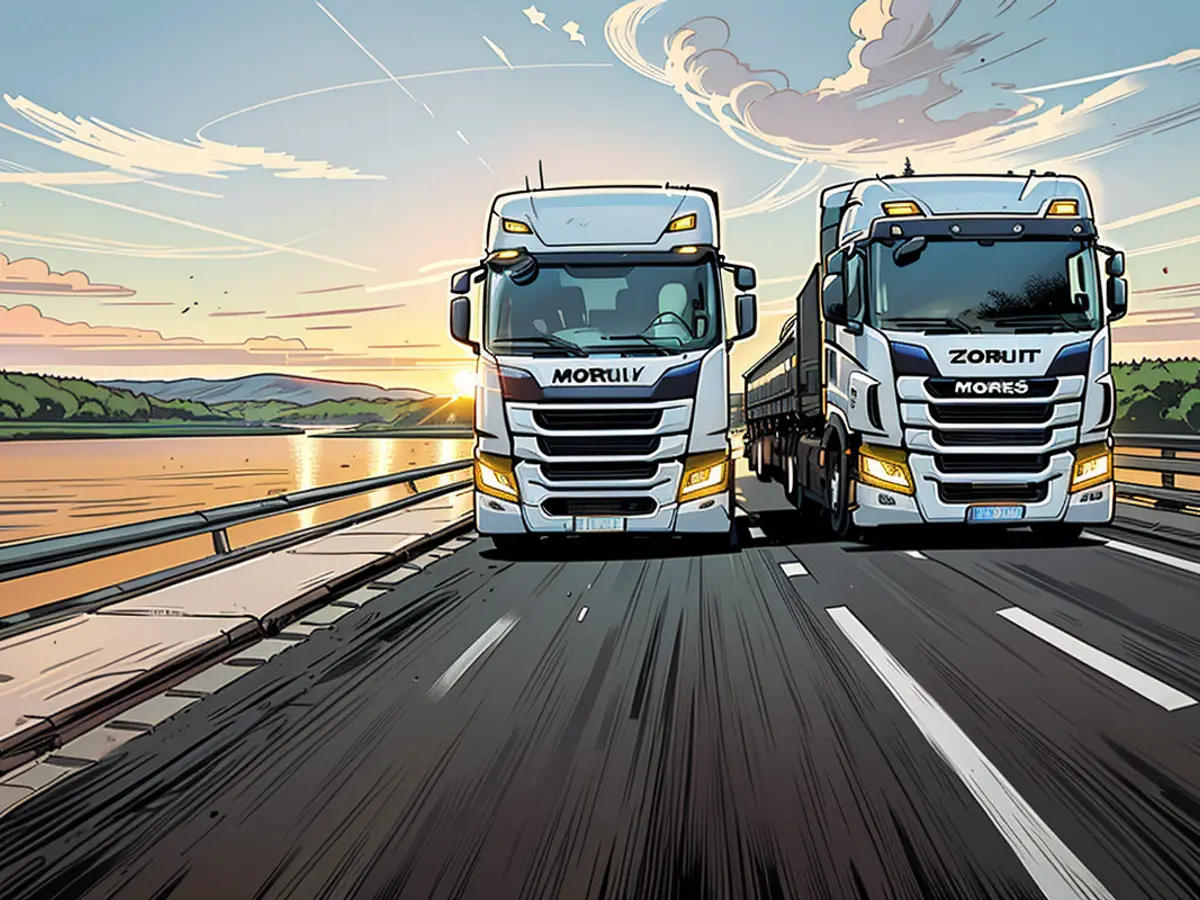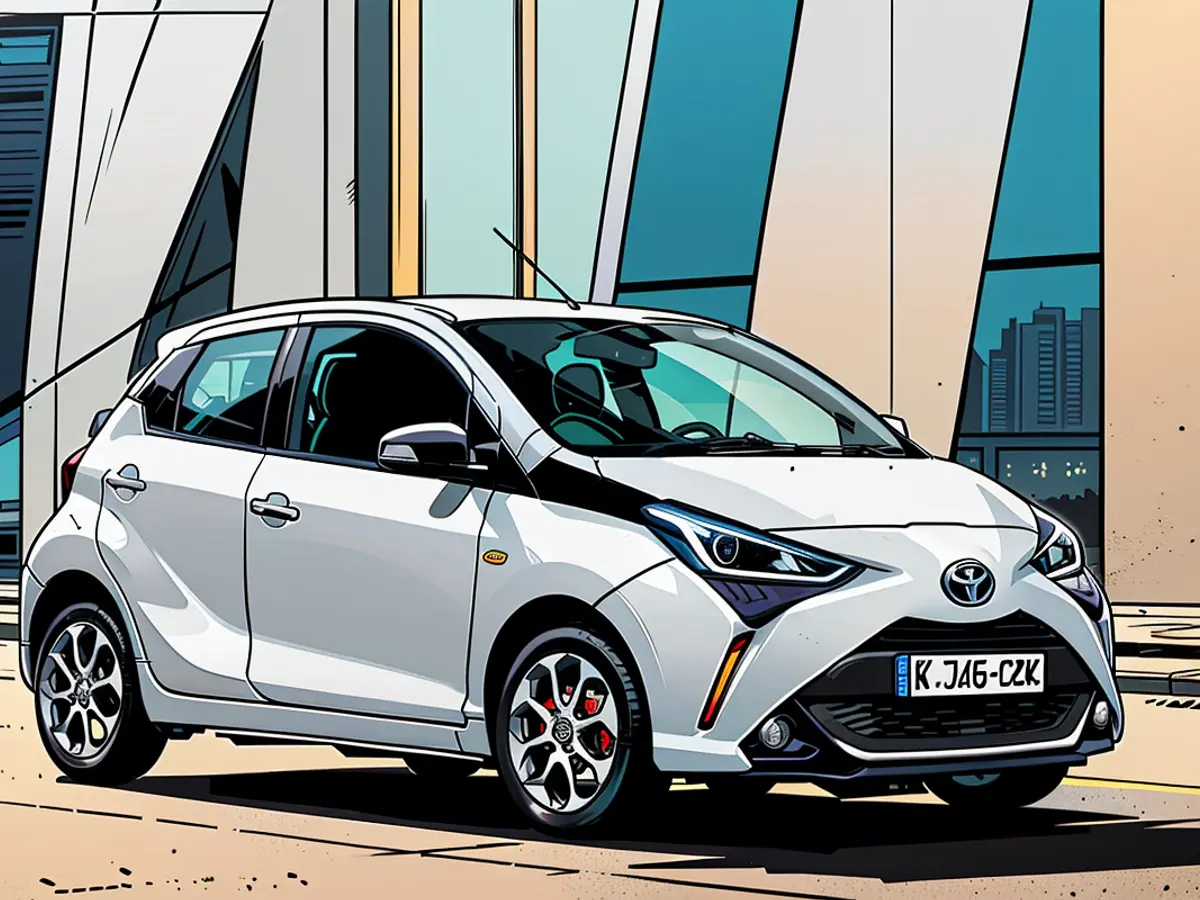HyFiT - CO2-neutral diesel can power trucks
It may take years for truck traffic to become electrified and thus climate-neutral. A new biofuel called HyFIT could at least reduce vehicle CO2 emissions in the meantime.
Heavy traffic is set to become more climate-friendly in the future with giant batteries and megawatt charging stations or fuel cells. Researchers from RWTH Aachen, ETH Zurich, and the Max Planck Institute have now shown another way to reduce CO2 with the synthetic and alcohol-blended diesel fuel HyFiT.
HyFiT primarily consists of synthetic diesel, which can be obtained from biomass or CO2 using the Fischer-Tropsch synthesis (short: FT synthesis). Alcohol is then added to it, with a proportion that can vary from 20 to 40 percent. Compared to conventional diesel, local CO2 emissions can be reduced by three to five percent, and particulate matter by up to 70 percent.
According to the Max Planck Institute, the HyFiT fuel can be tailored so that it produces less particulate matter and nitrogen oxides than a diesel that meets the future Euro-7 standard when burned.
Fuel could be competitive under certain conditions
In terms of climate impact, the fuel produced from renewable resources would be competitive with emission-free electric powertrains in the truck sector, according to the researchers, provided that the CO2 overall balance of the electric vehicles, from battery production to the CO2 share in the German power mix, is taken into account.
According to their study published in the journal "Nature" at the beginning of July, HyFiT meets global fuel standards and is compatible with existing infrastructure and sealing materials.
The Fischer-Tropsch process is an established method of producing synthetic fuel and was used in Germany during World War II to produce diesel from coal. It was developed in Germany in 1925 to produce fuel from coal. For HyFit, biomass is used instead of coal.
Other vehicles could potentially benefit from using HyFIT, as it can reduce their local CO2 emissions and particulate matter significantly. However, electrifying other vehicle traffic for climate neutrality might still take years, requiring alternative solutions like HyFIT in the meantime.








